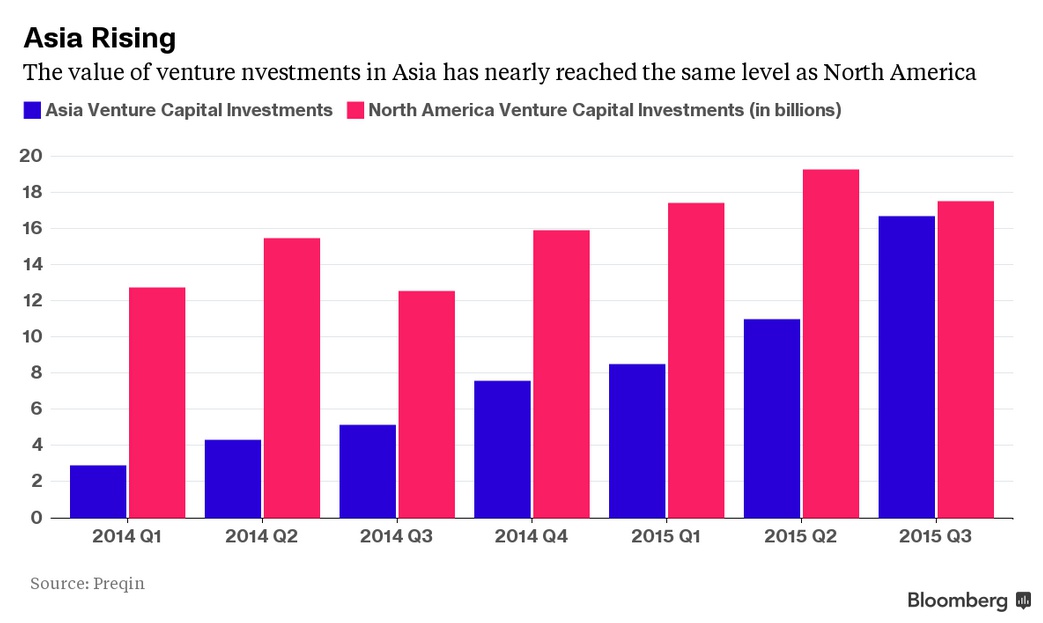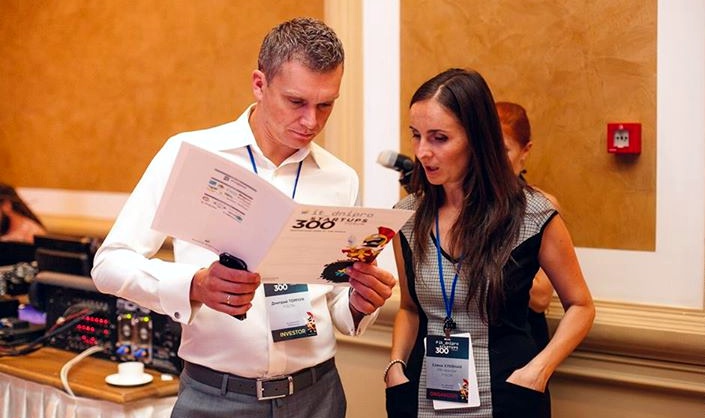San-Francisco-based venture capital company Formation 8, which is famous by funding successful startup Oculus VR LLC, recently announced it’s splitting. In June this year Brian Koo as one of cofounders invested $400 million in Formation 8 Asia Growth S.P.V. (special purpose vehicle). And last week he stated establishment of the new fund named Formation Group, which will be focused on Asia: mostly he is interested in Korea and South-East Asia.
As he mentioned, the roots of separation were apparent by the time when Formation 8 closed investments in Fund 2. The point is that Koo had woken up to the fact of diminishing interest of his colleagues to the projects he was intended to work with – cosmetics online vendor Memebox and agglomerator Yello Mobile. Both of them will remain Formation 8 holding companies.
But even despite the official announcement, the process of splitting will last some time till the investment $500 million in Fund 2 will has been done. Moreover new company Formation Group will house the Yello Financial Group (affiliated company of Yello Mobile), which was funded by Koo as the head of SPV. In new company Brian Koo will be accompanied by Gideon Yu, former chief financial director of Facebook Inc. and senior adviser of Formation 8.
Decision of a company or trend?
Rising interest of one of the American companies to Asian projects illustrates general tendency of concentrating venture capital on the East. Today Asia demonstrates the ability to compete with North America, motherland of Silicon Valley and modern venture capital model. Since 2014 till today the value of venture investments in Asia.

What the specialty of Asian startup market for investors?
Korea: James Yung (CEO of Besuccess)
Today 60% of Korean startups are O2O platforms: customers already have an access to high-speed internet connection everywhere around the country, in result the number of online-sales and internet payments empower the growth of startups in the area of online-marketing and e-commerce. Korea still has the lack of success-stories and those which exist there are intimately related to support of big companies so ecosystem of startup market is forming involuntary.
Korean projects depend on big companies and Silicon Valley investors so there is no place for their own startup market ecosystem.
China: Chen Zhao (head of Plug & Play China)
Inhomogeneous tendencies take a place in China: Beijing is the most prosperous for O2O startups, healthcare and car-service projects, Shanghai hosts business and financial products while Shenzhen is on its way to become biggest in China IoT hub. The average income level is permanently rising in China, so using new technologies and social media is spreading and cause Chinese market becomes more receptive to new IT-products.
The main specialty of Chinese startup market ecosystem is that big companies mostly trying to copy idea of the product and adapt it to the market while Silicon Valley entrepreneurs acquire the product and the team.
Taiwan: Gary Gong (Executive Vice President of the Institute for Information Industry)
Nowadays more and more young Taiwanese develop startups, as result number of R&D centers and agglomerates rising fast. This year Government allocated funds in the amount of $60 million in developing startup market ecosystem. At the same time Jack Ma, founder of Alibaba Group Holding stated the intention to fund $10 billion supporting Taiwanese entrepreneurs.
South-East Asia: Matt Rusling (Borderless)
There are two leaders in IT-entrepreneurship in South-East Asia – Indonesia and Philippines (according to the estimate of business-accelerators and investment funds). Nonetheless Governments of other countries contribute this sphere as well. Recently in Malaysia was established Centre of Global Innovations and Creation which has raised $17.4 million.
Dozen of companies in South-East Asia are going to present their new startups soon, while 6 of them are going to be on the initial stage of public offering till Christmas. Despite the fact these companies still not demonstrate great capital stock or high income level the perspective of IT-entrepreneurship active growth in this region seems to be an obvious thing.
There are 11 unicorns in Asia in 2015 while North America has 19. In comparison with last year difference is not too big – in 2014 it was 13 to 30.
Ukraine is keeping up with the trend
Short interview with representatives of FISON Company – Elena Hlevnaya and Dmitry Tomchuk about “How do Ukrainian venture capital investors estimate the perspective of Asian startups?”

How long ago did your interests shift to Asia? What forced the choice of the new regional orientation?
Almost from the first project we started working with, we realized that Asian market will still accept new business while American market is filled with their own projects and those from other countries. Our fund has never been orientated on local business we are looking for the projects with the biggest scope. And because the Asian market in not explored entirely, it makes entering the market more complicated but no less attractive.
Dmitry Tomchuk on his page mentioned that Ukrainian startup on Asian market can be actual and knowable. Which competitive advantage do u see in Ukrainian projects on the Asian market?
Asian projects oriented on massive consumption, its very hard to become popular there: market offers a lot of apps and e-commerce structures. But we as it happened are going to enter the market with half-scientific projects: they include mathematic algorithms and working with neuron systems. So our advantage would be deep expertise of the market.
Projects in which areas are the first priority to invest in Asia?
Products in Ukraine and Asian countries we are interested in are related to financial mechanics, e-commerce, Big data. But we still hasn’t invest in any Asian product.
Tell us more about whether any the projects in Asia has become your Fund Portfolio companies? If no, which projects on the stage due diligence you would like to work with?
We still invest in Ukrainian teams. There is some interest in a few teams from Singapore, they are financial technics products. They have interesting models of coworking with PayPal. The next visit will show us the perspective of cooperation. Today Asia demonstrate venture stock value in the amount North America’s.
What do you think, whether Asia will become the adequate rival to Silicon Valley as the location of world startup market development?
It can be. The matter is that Asian approach is different. Most of Asian projects don’t have the aim to become productive company not for sale but for further growth. Once on the conference we asked the companion per-seed stage how much money do they want. And we got the answer: I want me business-plan implement into few buildings and working people, I’m not looking for investment. So there is much of Asian specify. In this course Central Asia is much more interesting, mostly Kazakhstan. With the government support and the speed of absorbing the expertise they have a chance to become the Silicon Valley but in Central Asia.






